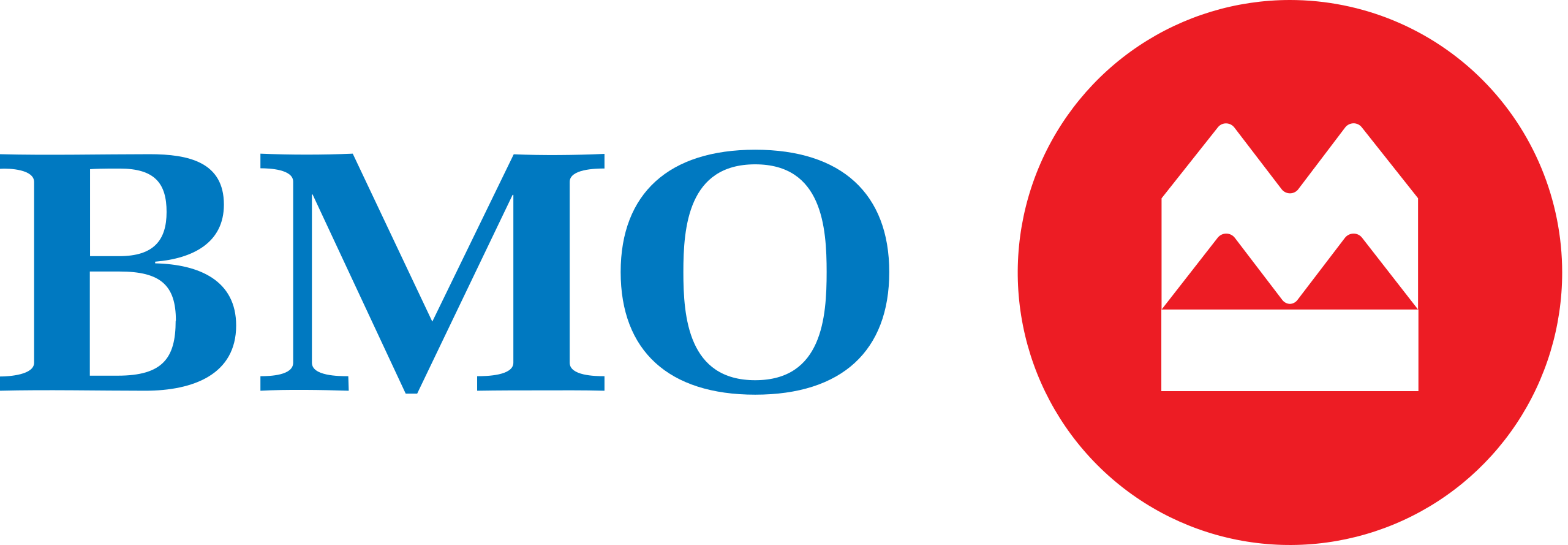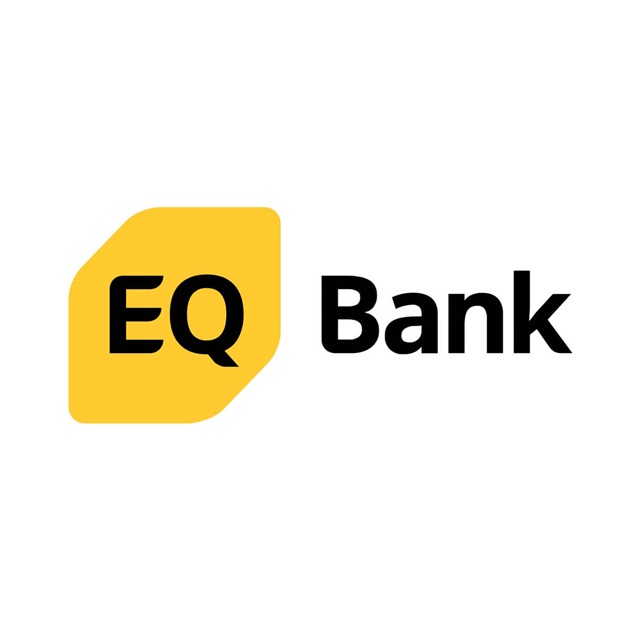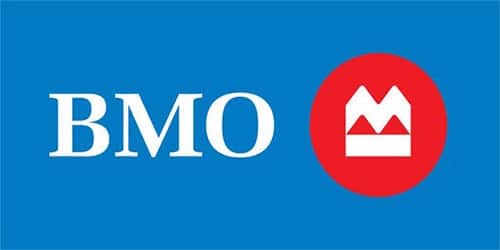Best bank for newcomers in Canada in 2024
Updated: July 04, 2024
Welcome to Canada! You've made it this far, navigating the immigration process and leaving your life back home. You should be proud, but the journey isn't over yet - you'll need to set up a bank account as a vital step in setting up your life here. Fortunately, many options exist, but unfortunately, selecting the best package can feel overwhelming.
We are here to help! We're aware of the best programs and scams, benefits and don't needs. This guide covers the best banks for newcomers, including their accounts, credit cards, and more.
Best banks in Canada for new immigrants by category
Overall best bank for newcomers in Canada
National Bank of Canada
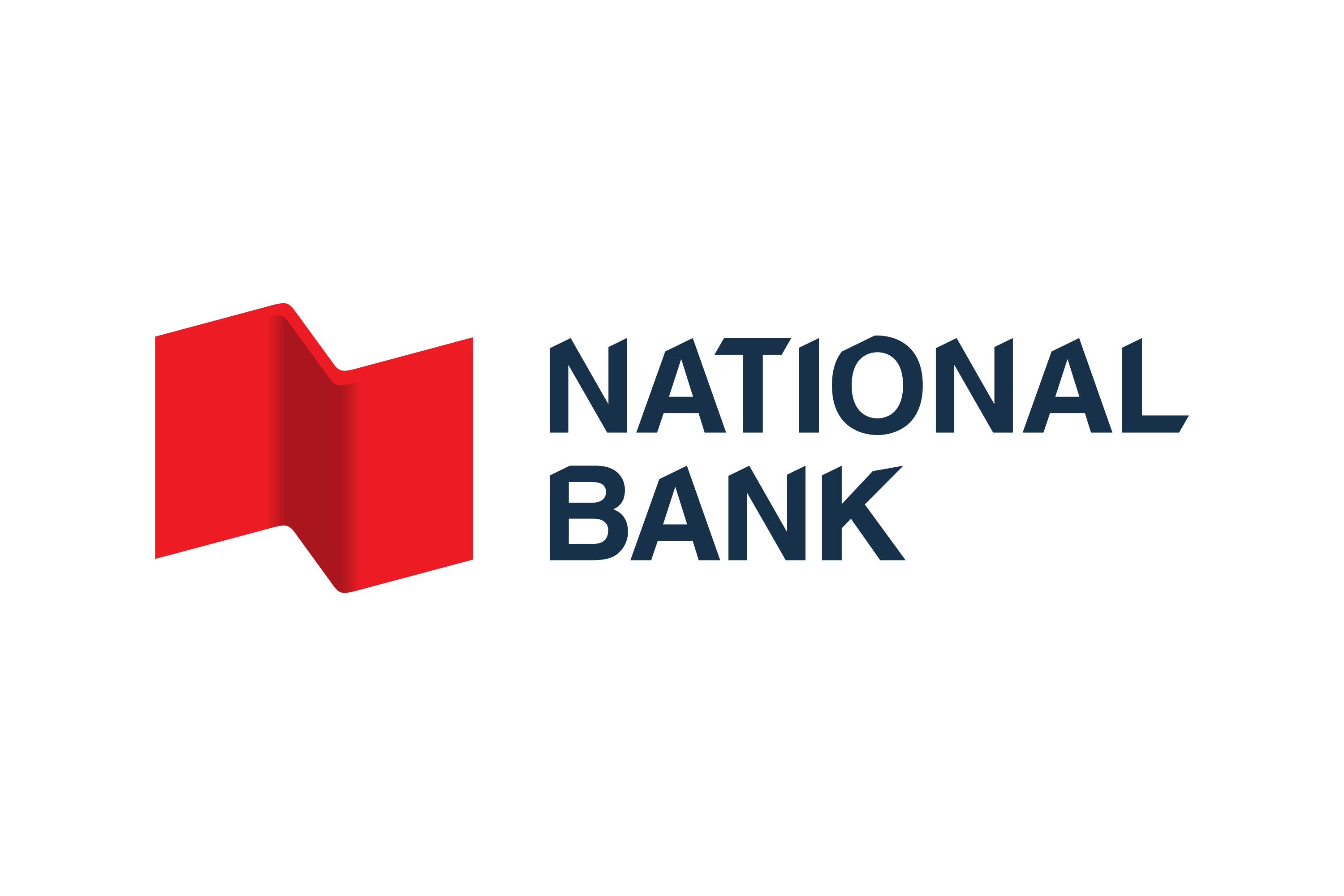
Eighty-nine percent of National Bank newcomer clients say they recommend their bank. This is because you’ll receive up to three years without account fees, while most alternatives only provide one year.
Furthermore, National Bank provides enhanced support with an assistance hotline. For one year, you’ll have free access to ask questions about healthcare, housing, immigration, and more.
Their bank accounts are also competitive, offering unlimited transactions. Beyond that, the bank provides investment accounts, loans, and credit cards. It’s a great one-stop shop for newcomers.
How to compare the best bank accounts in Canada for newcomers in 2024
When comparing bank accounts, focus on fees, interest rates, accessibility, customer service, account options, and extra features. Online banks generally offer better interest rates and lower fees but less in-person support. Big banks provide more personalized service but charge higher monthly fees after the initial no-fee window.
Best bank accounts for newcomers
Here's a breakdown of the best bank accounts for new immigrants in Canada by category.
Best chequing account for newcomers in Canada
BMO NewStart® Program - Performance Chequing Account
BMO is Canada's oldest bank and #1 for Retail Banking Customer Satisfaction among the Big 5 Banks in Canada. As a result, they offer many services and have a strong presence throughout Canada with more than 900 branch locations and 3,300 ATMs. This makes it an excellent option for anyone wanting to visit a branch and speak to someone. In addition, they have many ATMs, making it easy to manage cash.
Newcomers to Canada can earn up to $600* cash bonus on a new Chequing and Savings Amplifier Account. No monthly plan fees for one year, send Unlimited BMO Global Money Transfers with no fee, and get $60 cash bonus with rental of a safety deposit box*.
Newcomers can also save over $203 on monthly plan fees in the first year with a Performance Chequing Account. Afterward, you'll have to pay $16.95 monthly unless you keep a minimum $4,000 balance. The account offers unlimited transactions, and unlimited no-fee global money transfers.
Offer Period: From Dec 11 2023 to October 31 2024, to qualify for the Chequing Account Offer you must open a valid chequing account, provide a valid email address, make a deposit of any amount by Oct 31, and complete at least two of the following actions: set up recurring direct deposit, make one eligible bill payment of at least $50 through BMO Online banking or the Mobile app, or set up one pre-authorized debit of at least $50.
Best savings account for newcomers in Canada
EQ Personal Account
EQ Bank has a great history in Canada as an online-only bank. EQ Bank is best known for high interest rates and no fees. Beyond newcomers, its Personal Account is one of the best options for any Canadian. Your deposits will earn a market-leading interest rate of up to 4%.
Furthermore, at EQ Bank, you can make unlimited transactions, unlike most savings accounts. You can also get the EQ Bank Card with 0.5% cash back, free ATM withdrawals, and no foreign exchange fees when spending abroad.
The EQ Personal Account combines one of Canada's highest interest rates with transaction flexibility. All without a monthly fee.
Best hybrid chequing and savings account offer for newcomers
Neo Everyday Account
Neo is a new and disruptive online-only institution. This account is best for tech-savvy newcomers who want the best banking package. The Neo Everyday Account combines a chequing and savings account into one. Like EQ Bank, you'll earn a high interest rate with unlimited transactions. Currently, Neo also offers a 4% interest rate on deposits.
The account comes with the Neo Money Card. It's a unique debit card that earns cash back, which is usually reserved for credit cards in Canada. You'll earn 1% on gas and grocery spending, with even more promotional offers. Neo also offers its Neo Credit card, which comes with cash back and other rewards, and a Neo Secured Card.
This banking package is free, but you can upgrade to the premium account for $4.99 monthly. This earns you even more cashback on spending. Neo is also CDIC Insured, protecting your deposits up to $100,000.
What are newcomer bank account offers?
Newcomer bank account offers make integrating into the Canadian financial system easier. They bundle various products together that are required for everyday banking in Canada. Sometimes, they provide easier access to credit products, such as credit cards, car loans, and mortgages. Newcomer bank account offers typically have a no-fee period ranging from one to three years. Afterward, you’ll usually need to pay a monthly fee.
Best bank offers for new immigrants Canada
Here are the latest bank offers for newcomers in Canada.
Best RBC newcomer bank account offer in Canada
RBC Newcomer Advantage
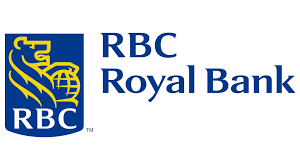
Royal Bank of Canada (RBC) is Canada's largest bank. Its Newcomer Advantage program offers free banking for the first year for newcomers. Afterward, you’ll need to pay $11.95 monthly, which can be reduced by activating other RBC products.
You'll have no-fee international money transfers and unlimited debit transactions. A key highlight is a potential approval for an RBC credit card without any credit history. The card is a standard, entry-level option that earns 1% to 2% cashback. Though not exceptional, it's a great way to build your credit score.
Best TD newcomer bank account offer in Canada
TD New to Canada Banking Package

Toronto-Dominion (TD) is Canada's second-largest bank. Its New to Canada Banking Package is free for one year for all newcomers in Canada. Afterward, you’ll need to pay $16.95 monthly, which can be avoided with a $4,000 minimum balance. The account has unlimited transactions and rebated global transfers during the newcomer period.
The package also includes potential approval for a no-fee credit card. While TD also promotes a bonus 0.25% interest rate on the savings account, you can do much better elsewhere. Online institutions such as Neo and EQ Bank offer a 4% deposit interest rate.
Best BMO newcomer bank account offer in Canada
BMO NewStart Program
Bank of Montreal (BMO) is Canada's oldest bank. They offer the NewStart Program, which gives you free banking services for one year. Afterward, you'll need to pay $17.95 monthly unless you maintain a minimum balance of $4,000.
BMO also lets you open an account before arriving in Canada, assuming you already have a work permit or visa. Other features include unlimited transactions and no-fee foreign money transfers. You can also apply for a credit card without a Canadian credit score.
Best Scotiabank newcomer bank account offer in Canada:
Scotiabank StartRight Program
The Scotiabank StartRight Program offers no fee-banking for one year to all newcomers. Afterward, monthly fees increase to $16.95 unless you maintain a minimum balance of $4,000. You’ll receive unlimited transactions and no-fee international money transfers.
Unlike other programs, Scotiabank promotes specialized mortgages for newcomers. Otherwise, they also offer vehicle loans and credit cards without an existing credit score.
Best CIBC newcomer bank account offer in Canada
CIBC Welcome Package
The CIBC Welcome Package offers newcomers no-fee banking for two years, which is longer than what any other bank offers. After your second year, the monthly fee increases to $16.95 unless you maintain a $4,000 balance. While offering unlimited transactions, CIBC doesn’t mention no-fee foreign currency transactions. This means you could pay additional fees for sending money back home.
Furthermore, their bundle doesn’t seem to include a credit card. While offering an extended no-fee period for a chequing account, CIBC lacks additional benefits that competitors provide.
Which bank is best for newcomers in Canada?
Deciding which bank is the best choice for new immigrants will depend on each person and their unique needs and preferences. By looking at reviews of banks, like ours, and considering the products and services they offer, you will be able to make an informed choice about the best bank to get you started on your journey to managing your money in Canada.
How can a new immigrant open a bank account in Canada?
Many Canadian banks have special programs for new immigrants. They are known as newcomer programs and make the process easier. To open an account, you'll typically need to provide identification documents, Proof of immigration status, and sometimes a Canadian address. See the next section for more details.
How to open a bank account as a newcomer in Canada
Some Canadian banks offer online applications, so you can open a bank account before you arrive in the country. If you have arrived in Canada, the requirements can change by bank.
Usually, you can apply online with a Social Insurance Number (SIN) and Canadian address. If you don't have these documents, you’ll likely need to make an appointment at a branch.
Documents required by new immigrants for opening a Canadian bank account
Ensure to bring the following documents to your branch appointment:
Documents required by banks for international students in Canada
International Students have additional requirements. They’ll need to provide proof of enrolment in a post-secondary institution. This document must include the institution name, student name, program, and year of study.
How to compare bank accounts for newcomers in Canada
Newcomer bank accounts are similar, making it difficult to compare. Most importantly, review the fees. You’ll generally have a temporary no-fee period that increases to a monthly fee afterward. Of course, a longer no-fee period followed by a lower monthly cost is better. Some accounts have no monthly fees, while others let you avoid them by depositing a minimum amount.
Otherwise, higher interest rates are ideal. Some accounts pay 4% interest on your deposits. Most bank accounts in Canada are CDIC Insured, meaning your deposits are safe up to $100,000. However, always ask about this to make sure your money is secure.
What should newcomers to Canada look for when choosing a bank?
Newcomers should look for newcomer-specific account packages. Also, review the other products offered by the bank. Ideally, you can access credit cards, investment accounts, and loans if needed.
If in-person banking is important, look for a big bank with a strong branch network. Occasionally, these banks can provide services in your native language.
Who qualifies as newcomer in Canada?
Banks in Canada generally classify newcomers as individuals who have moved to Canada within the last five years. This can include permanent residents, foreign workers, and international students.
Can a non-resident or foreigner open a bank account in Canada?
While opening an account online before arrival is possible, most banks will want to see your visa or residency documents. Alternatively, you can use a correspondent bank or open an international account. Some banks operating in your country may have branches in Canada, making it easier to open a Canadian dollar account.
Benefits of opening a bank account in Canada as a newcomer
Opening a bank account in Canada is vital to integrating into our financial system. It streamlines daily financial transactions such as receiving salary, paying bills, and purchasing. It also opens doors to credit products like credit cards, loans, and mortgages.
Canadian banks are some of the safest globally. Most accounts are insured by the Canada Deposit Insurance Corporation (CDIC), protecting your deposits up to $100,000.
What to watch out for with newcomer bank accounts
Newcomers should be cautious about transaction limits, monthly fees after promotional periods, and interest rates on savings and credit products. Some banks may try to sell you overdraft protection, which isn’t necessary if you don’t overspend. Canadians do not commonly use it.
Big banks vs. online banks: A comparison for newcomers to Canada
Big banks are easier for newcomers but charge higher fees down the road. Meanwhile, online banks generally have better products but can be more difficult for newcomers. The best strategy is to begin with a big bank and then switch to an online bank after your no-fee period ends.
Big banks are easier for newcomers because they have more resources. They offer special newcomer programs, language support, and in-person branch access. Furthermore, they have many banking products, making them an excellent one-stop shop for newcomers. However, you’ll pay higher fees when your newcomer program ends after one to three years.
At this point, it’s a great time to switch to an online bank. Online banks offer better products but have fewer resources to provide customer support. They usually don’t promote newcomer packages or offer language support. Since they’re smaller, they tend to offer fewer products, so you may need to bank with a few for a comprehensive solution. Online banks typically have no fees and higher interest rates. However, they don’t have branches, so you can’t talk with anyone in person.
To avoid overwhelming yourself, starting with a newcomer program from a big bank is best. After the no-fee period ends, switch to an online bank. This strategy makes it less overwhelming to integrate into the Canadian financial system while avoiding fees.
Will you need a credit card as a newcomer to Canada?
You don't need a credit card, but it's essential to building a credit score. A strong credit score is critical to getting loans in Canada. Some landlords may also want to see your score to approve you for a rental contract.
Beyond that, credit cards offer rewards on everyday spending, insurance, and even airport lounge access. Just ensure you pay off your monthly balance in full; otherwise, you'll pay lots of interest. Here, you can find the overall best credit cards, and best credit cards for newcomers.
How much credit do newcomers to Canada need?
To avoid damaging your credit score, aim to have your credit card limit three times larger than your monthly card spending. Your monthly balance is a big part of your credit score calculation. A credit card balance exceeding 35% of your limit will damage your score.
If you can't stay within this limit, spend more on your debit card while building a higher credit score. Eventually, you can request to increase your limit. However, credit cards have high interest rates, so be careful not to overspend and always pay your statement in full.
Newcomer bank accounts FAQs

Daniel is an expert on travel, finance, and SEO. He received an Honours BBA (Finance) from Wilfrid Laurier University, then started his career with WOWA. Here, he learned various SEO tactics that were instrumental in quadrupling monthly traffic to one million views. Now the founder of Croton Content, Daniel helps financial companies scale through evergreen content. Aside from Money Wise, notable clients include Forbes Advisor, WealthRocket, and Hardbacon. Daniel loves to travel when not working. Although based out of Lisbon, Portugal, some of his most adventurous destinations include Rio, Cairo, and Istanbul.
Best Banks
Bank reviews
Disclaimer
The content provided on Money.ca is information to help users become financially literate. It is neither tax nor legal advice, is not intended to be relied upon as a forecast, research or investment advice, and is not a recommendation, offer or solicitation to buy or sell any securities or to adopt any investment strategy. Tax, investment and all other decisions should be made, as appropriate, only with guidance from a qualified professional. We make no representation or warranty of any kind, either express or implied, with respect to the data provided, the timeliness thereof, the results to be obtained by the use thereof or any other matter. Advertisers are not responsible for the content of this site, including any editorials or reviews that may appear on this site. For complete and current information on any advertiser product, please visit their website.
